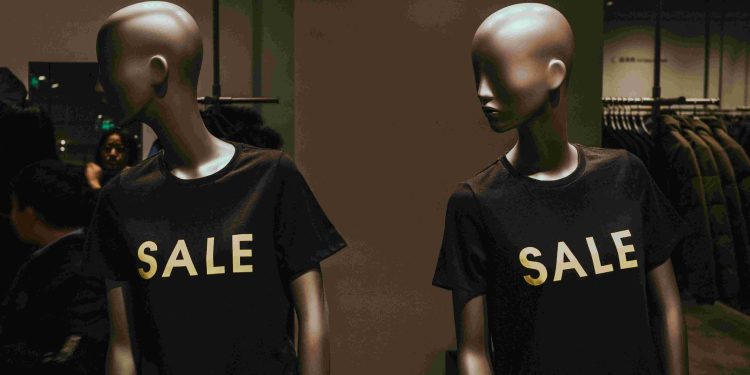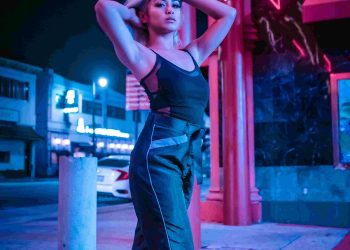Nonconformist Streetwear Culture
The rise of nonconformist streetwear is emblematic of a deeper societal shift: the rejection of traditional norms and the assertion of individuality in a hyper-connected world. More than mere clothes, streetwear has evolved into a powerful cultural commentary, challenging age-old conventions and redefining how we view personal identity in public spaces.
In many ways, my own experience mirrors this shift. Growing up, I often found myself constrained by societal expectations—being told what to wear and how to behave in order to “fit in.” It wasn’t until I discovered streetwear brands that spoke to my own sense of rebellion and creativity that I began to feel truly empowered. Baggy pants, graphic tees, and bold sneakers became more than fashion choices; they became expressions of a refusal to conform.
Challenging Traditional Wisdom
Historically, mainstream fashion has prioritized exclusivity, formality, and adherence to classical aesthetics. But streetwear flips that narrative on its head. Instead of exclusivity, it champions accessibility. Instead of formality, it embraces casual self-expression. In this way, streetwear questions the very foundations of what it means to look “appropriate” or “successful.”
Think about this: Why do people equate professionalism with stiff suits and clean-lined silhouettes? Why can’t success in modern professions be represented by dynamic, expressive styles that reflect the individual rather than a rigid template? This philosophical shift, embraced by streetwear, aligns closely with modern movements in psychology and business that emphasize authenticity over artifice.
An Interdisciplinary Analysis
From a psychological perspective, the rise of streetwear taps into a fundamental human need for autonomy. The ability to choose clothing that aligns with one’s personal beliefs and aesthetic preferences is a subtle but powerful act of self-determination. Streetwear also intersects with broader technological trends. Social media platforms like Instagram have created digital ‘runways’ where enthusiasts and influencers showcase styles that challenge the boundaries of traditional fashion.
“To stand out and be unique in today’s conformity-driven society is an act of courage.” – Virgil Abloh
Likewise, from a commercial perspective, brands like Supreme and Off-White have leveraged streetwear’s popularity to carve out billion-dollar markets. The lesson for businesses? Boldly embrace counter-culture. Innovation often arises not from staying within the lines but stepping outside them.
Future Trends in Streetwear
As streetwear continues to evolve, it may morph into an even greater force for societal transformation. We’re already seeing increasing sustainability initiatives within the industry—brands using organic materials, focusing on ethical production, and leveraging circular economy principles.
Meanwhile, collaborations between tech and fashion are rapidly advancing. Imagine clothing that is not only expressive but smart: jackets with built-in sensors to monitor environmental conditions, sneakers designed with AI algorithms for optimized comfort. These developments are not just futuristic; they’re inevitable.
Actionable Strategies for Expression
If you’re drawn to the ethos of streetwear and want to incorporate its nonconformist spirit into your life, here are some actionable strategies:
-
<>
Try mixing bold, graphic-heavy items with minimalist pieces to strike a balance between rebellion and sophistication.
-
Dive into the history of streetwear; understanding its roots will deepen your appreciation for its message. -
Seek out indie brands that champion diversity, sustainability, and authenticity. -
Don’t be afraid to step out of your comfort zone and adopt styles that challenge conventional norms.
A Circular Closing Reflection
Walking the streets in an oversized hoodie and unconventional sneakers isn’t just about fashion; it’s about reclaiming agency in a world that often pushes conformity. The power of streetwear lies in its ability to signal resistance, and this cultural movement will continue to gain momentum as more people realize the importance of expressing their unique identities.
Just as I learned to challenge the societal expectations imposed upon me, rebuilding my self-expression from the ground up, I encourage you to examine the norms that may be holding you back from authentic expression. The future belongs to the risk-takers, bold enough to rebel against the ordinary.











